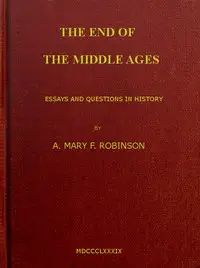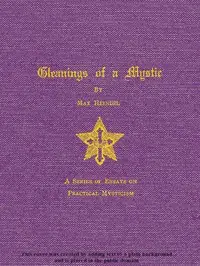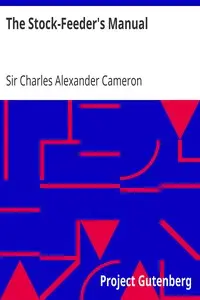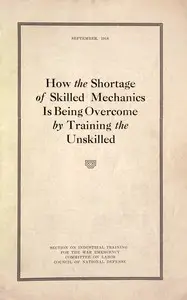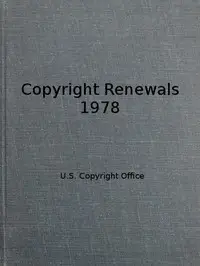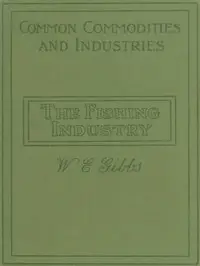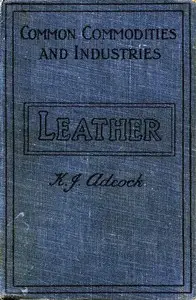"Principles of Mining: Valuation, Organization and Administration" by Herbert Hoover is a scientific publication written in the early 20th century. This work serves as a comprehensive resource focused on the principles of mining, particularly the valuation, organization, and administration of various mineral resources including copper, gold, lead, silver, tin, and zinc. It highlights both theoretical and practical elements crucial for understanding the complexities of mining enterprises. The opening of the book establishes its foundational nature through a preface that outlines its purpose and origin as a condensation of lecture series delivered at prestigious universities. Hoover emphasizes the challenge of valuing mines due to numerous speculative factors while asserting the importance of both management and geological evidence in assessing a mine's worth. The initial chapter engages the reader with the specifics of mine valuation, detailing methods for determining average metal content through sampling and assay plans, thereby laying the groundwork for an in-depth discussion of the various complexities involved in the mining industry. (This is an automatically generated summary.)

Principles of Mining: Valuation, Organization and Administration
By Herbert Hoover
"Principles of Mining: Valuation, Organization and Administration" by Herbert Hoover is a scientific publication written in the early 20th century. Th...
Herbert Clark Hoover was the 31st president of the United States, serving from 1929 to 1933. A wealthy mining engineer before his presidency, Hoover led the wartime Commission for Relief in Belgium and was the director of the U.S. Food Administration, followed by post-war relief of Europe. A member of the Republican Party, he served as the U.S. Secretary of Commerce from 1921 to 1928 before being elected president in 1928. His presidency was dominated by the Great Depression, and his policies and methods to combat it were seen as lackluster. Amid his unpopularity, he decisively lost reelection to Franklin D. Roosevelt in 1932.



